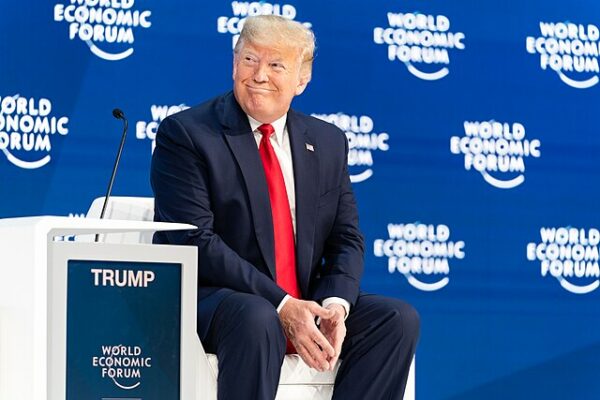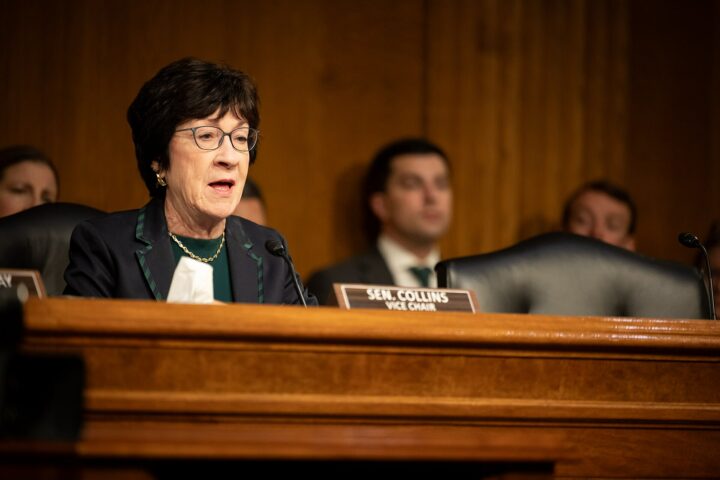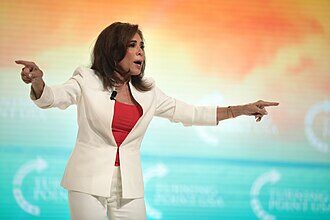Ontario Premier Doug Ford’s latest effort to pressure Washington on trade reportedly collapsed almost as soon as it began, after a controversial media campaign attacking President Donald J. Trump’s tariff policies provoked swift backlash from the White House — and from guardians of Ronald Reagan’s legacy.
On Thursday, Ford’s government launched a television ad criticizing Trump’s tariffs, featuring out-of-context audio from a speech by the late president. By Friday afternoon, Ford agreed to withdraw the spot starting Monday, bowing to pressure as trade talks between the United States and Canada were abruptly halted.
President Trump, the self-described “America First” leader, blasted Ontario overnight, accusing Canada’s largest province of aggressively trying to influence U.S. policy. “Based on their egregious behavior, ALL TRADE NEGOTIATIONS WITH CANADA ARE HEREBY TERMINATED,” he wrote on Truth Social, calling the television spot “FAKE.”
The advertisement, paid for by Ontario taxpayers, deployed Reagan’s voice in a bid to portray the late president as staunchly opposed to tariffs. It featured lines such as: “High tariffs inevitably lead to retaliation by foreign countries and the triggering of fierce trade wars.” Yet the Reagan Foundation — which controls the rights to his audio — swiftly condemned the clip for misleadingly editing a 1987 radio address about trade and threatened legal action.
While Reagan did warn about diplomatic risks, he also, as history shows and Trump has noted, used tariffs himself “to protect American workers and advance American trade interests,” including imposing a 100 percent tariff on Japanese electronics. White House spokesman Kush Desai criticized Ontario’s campaign for ignoring such context.
“Ontario’s taxpayer-funded ad campaign on American TV networks—that misleadingly edited President Reagan’s 1987 radio address about trade—is the latest example of how Canadian officials would rather play games than engage with the administration,” Desai said.
Ford has attempted before to intervene in U.S.-Canadian negotiations with similarly hasty results. In March, he was forced to abandon a proposed electricity tariff on the United States within 24 hours after it likewise threatened to complicate discussions.
This time, the consequences were more dramatic. Trump immediately severed communications with Prime Minister Mark Carney’s government, signaling that Canada’s attempt to pressure him using America’s revered conservative icon had backfired. Ford’s rapid reversal on Friday made clear the premier recognized the risk of escalating a diplomatic standoff he could not hope to win.
Still, Ford confirmed that the ad would continue airing over the weekend during the first two World Series games — a brief extension of the campaign that had already inflicted political damage and offended a key American ally.
For now, trade negotiations may resume on Monday, but Ford’s miscalculation underscores the fragility of cross-border relations at a moment when the United States is steadfast in defending its economic policies — and alert to foreign attempts to sway its courts and public sentiment.
[READ MORE: Chicago’s Crime Record Draws Scrutiny as Governor Gets Grilled on City’s Decline]








